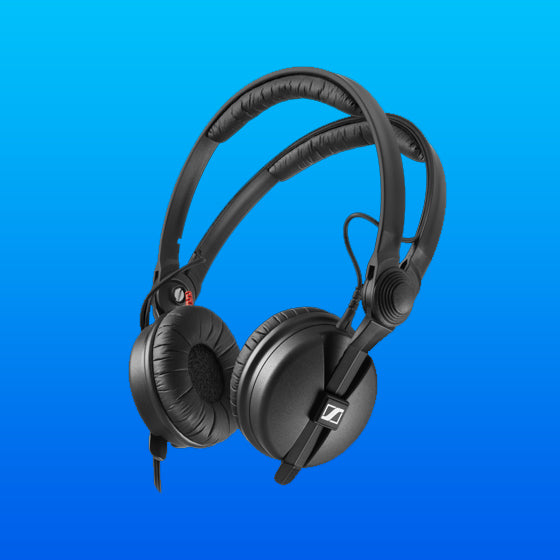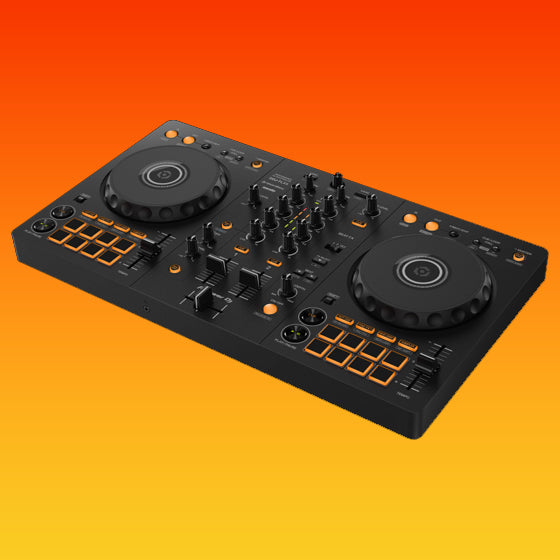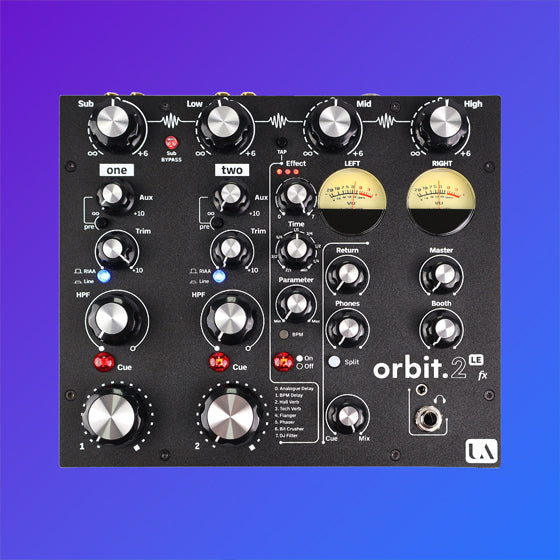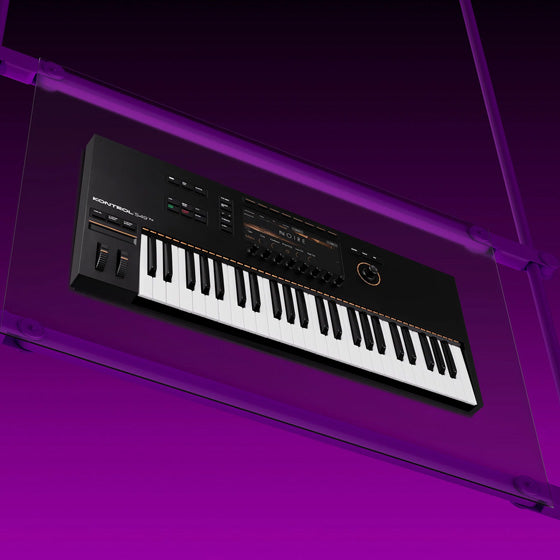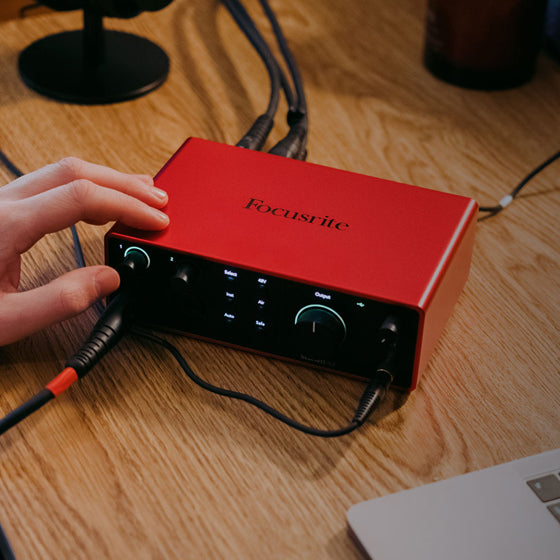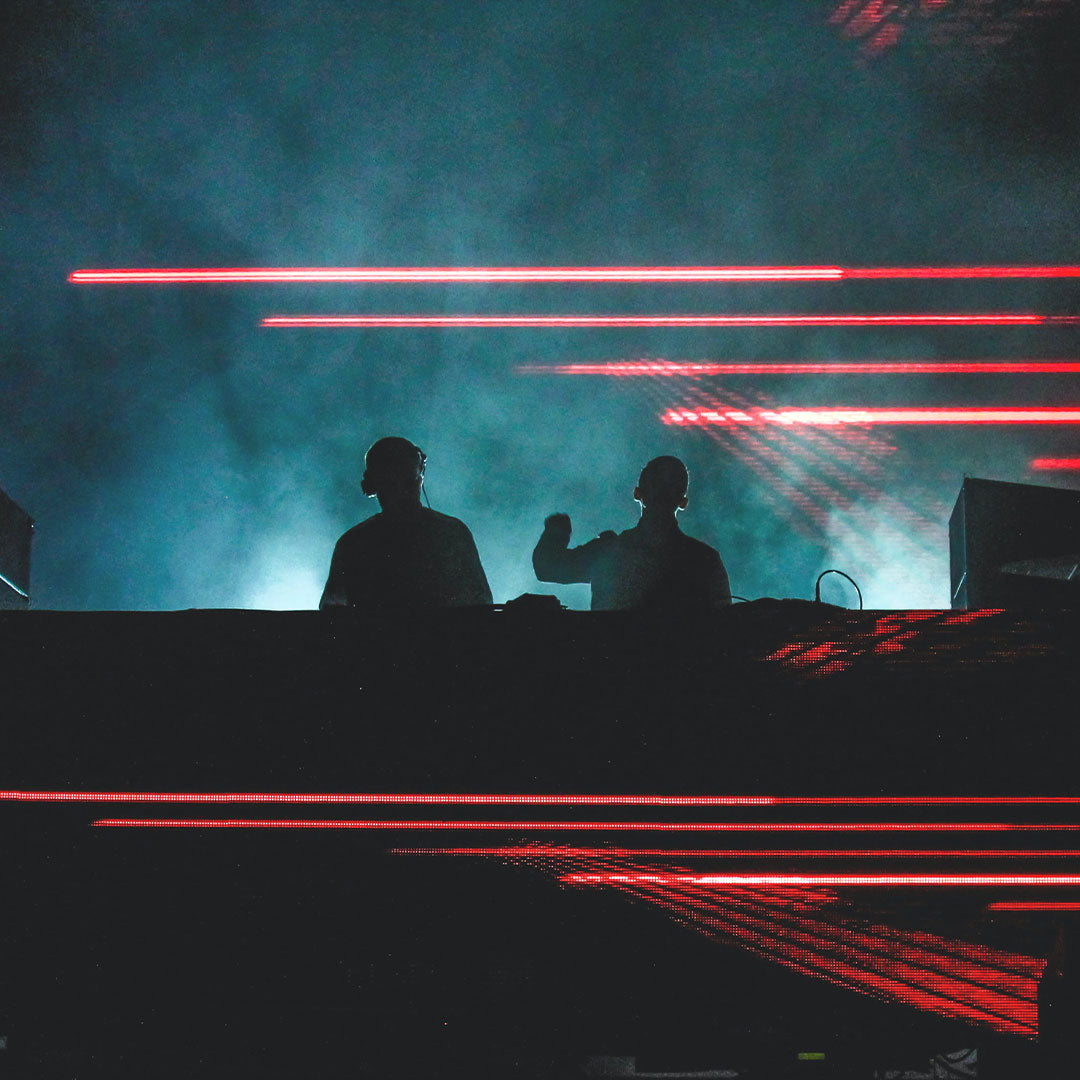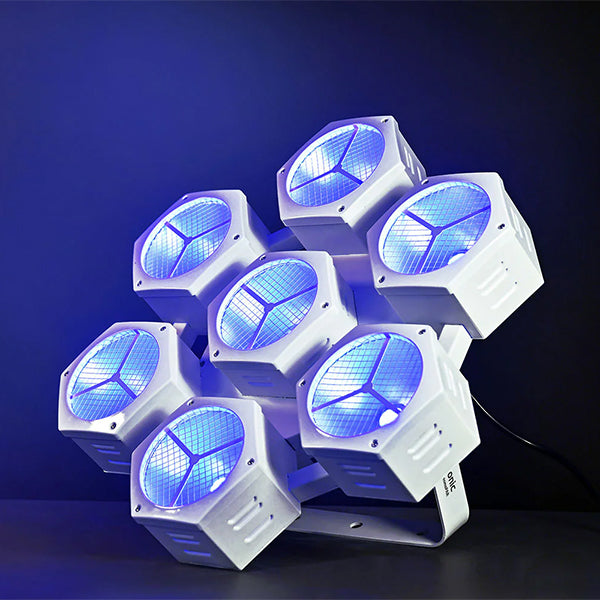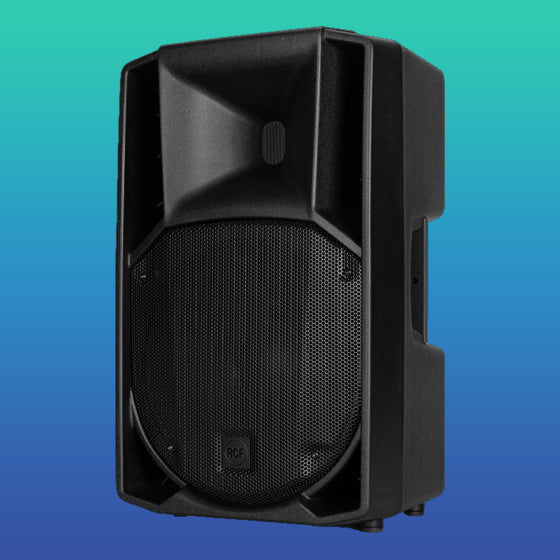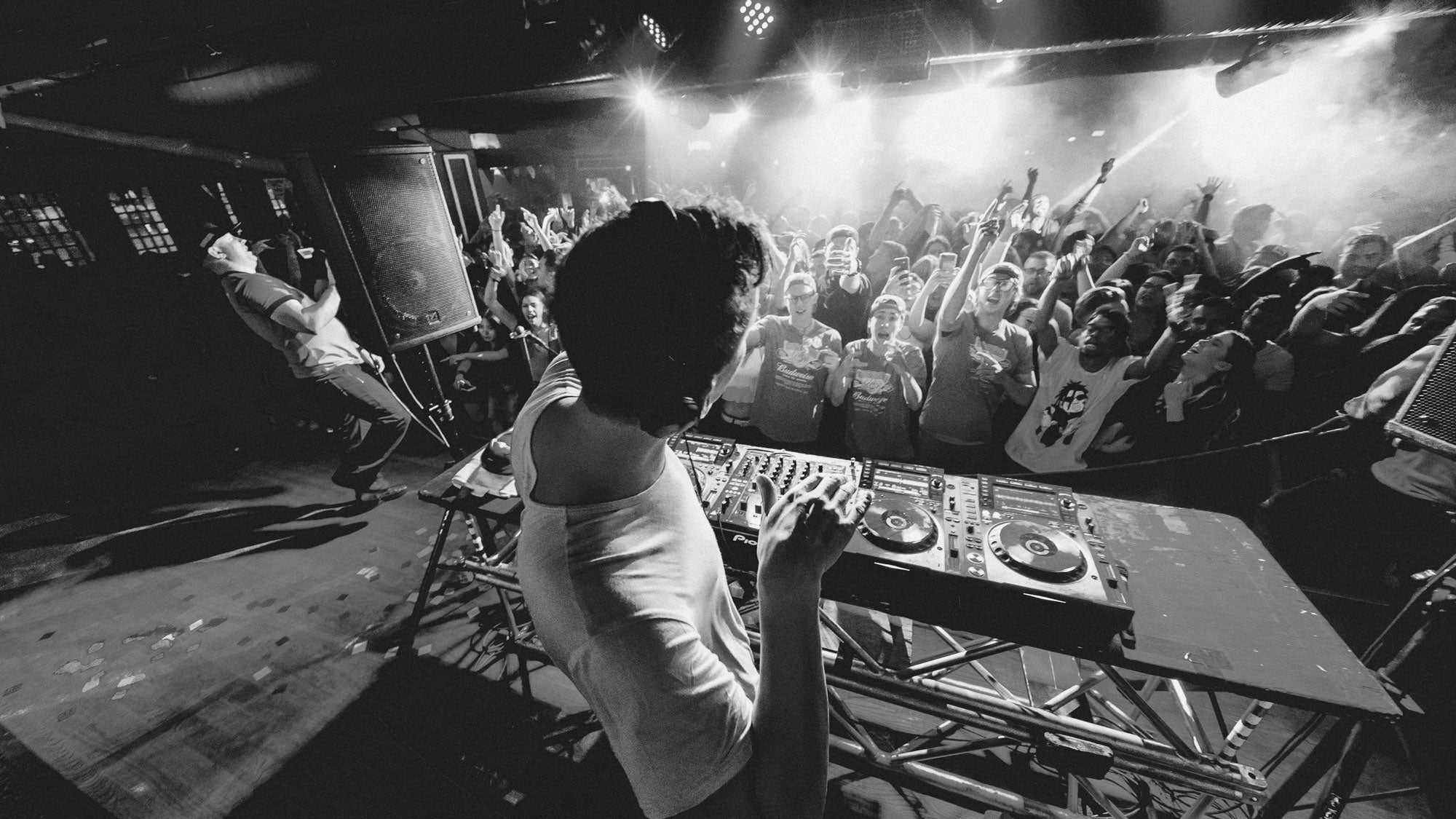There’s a lot to consider when it comes to choosing a DJ system. Over the years DJ equipment has undergone a number of changes, we’ve moved from all-in-one consoles to separate turntables and mixer setups, through to media player configurations and now onto computer powered DJ controllers and standalone all-in-one options. With such a range of options to choose from you might be wondering which path is best for you? To make the decision a little easier we’ll provide a quick run-down of currently available dj systems and round up the best options from each category.
First up, the basics of any dj system. In order to “mix” you’ll need two audio sources for playback and a mixer to balance the levels, and possibly EQ the tracks you wish to blend. In addition to this you’ll need speakers to output your mix and headphones to monitor and cue the tracks you plan to use. Audio sources range from virtual devices, powered by a Mac, PC or smart device running a DJ app or software as well as standalone media players which read files from USB drives or optical discs. Vinyl can also be used as an audio source as well as outputting a timecode tone for digital vinyl system (DVS) use.

